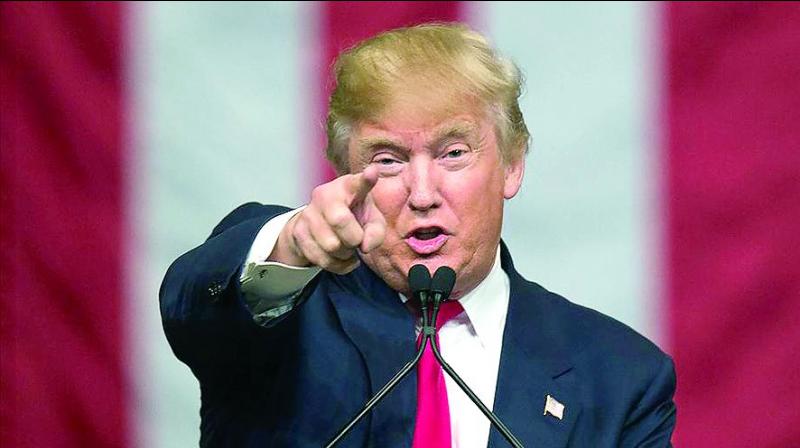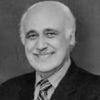View from Pakistan: Daymare' of the Trump presidency
A decade ago, the seven countries that have been scarred for visa discrimination were functioning states.

Karachi: On November 8, 2016, over 128 million citizens of the United States voted to elect their 45th President. Since then, over a billion persons across the world have searched for ways to reverse that decision. They have taken to the streets, they have written columns that would dwarf Trump Towers, they have tried to thwart an invitation for a state visit to the UK, the Speaker of its House of Commons wants to deny him permission to address a joint session of the Houses of Parliament, and some countries like Iran would like to reciprocally ban his entry into their country. But like Britons who woke up from the nightmare of a pro-Brexit vote to discover that they were in fact living one, the nightmare of a Trump victory has become the “daymare” of his presidency. Is President Trump just another dumb blonde with a bouffant hairstyle? Or is he an American incarnation of President Boris Yeltsin — the Russian populist leader with the DNA of an autocrat?
Many have forgotten the events of 1991 when Yeltsin rose to the roof of a tank outside the Parliament building in Moscow (it was also known as “The White House”). They might just remember what happened afterwards. Yeltsin spawned a shiver of shark oligarchs who appropriated the country’s wealth; he attempted to dissolve the Supreme Soviet Parliament and set aside the Russian Constitution, he stifled political opposition, and given more time would have comm-itted what even his vice-president in a moment of despair called “economic genocide”. It took eight years to remove President Boris Yeltsin. If there is a Pakistani leader who could be identified as a parallel of the Trump model (President Trump may not relish the analogy), it would be our President, later Prime Minister, Zulfiqar Ali Bhutto: elected, popular, charismatic, media savvy, contemptuous of all authority other than his own, and a leader determined not just to disturb but to repudiate the status quo. Within months of taking over in 1972, President Bhutto had nationalised industry, diluted the bureaucracy with lateral entrants, ravaged his opponents, and created a fiefdom that had no separate smoking area for dissident voices.
President Trump, with the first presidential executive orders issued within days of assuming office, has made clear that he intends to be a bull with no respect for crockery. It took a man of his singular daring to declare war in his inaugural address on Washington’s establishment from the very steps of its Capitol Building. Not that previous Presidents have not challenged the government. Republican Ronald Reagan once held that the government was not the solution — it was itself the problem. And Democrat Bill Clinton told his America that the “era of big government (was) over”. President Trump, like President Bhutto, in one fell swoop has taken on the establishment, the bureaucracy, and the judiciary. Bhutto waited some months before attacking the Pakistan armed forces. Trump has yet to cross the Potomac River and mount his assault on the Pentagon. He has yet to feel the surge of untrammelled power that turned Yeltsin’s head as he stood on the roof of that tank. Trump the civilian has yet to try out his Commander in Chief’s uniform.
Today, the world is distracted by the US visa ban. Tomorrow, it may well experience the scourge of US military hardware used against straw-filled enemies. A decade ago, the seven countries that have been scarred for visa discrimination were functioning states. Today, through no fault of their adult voters and their younger innocent population, they are dysfunctional, international pariahs and subsist in ruins. The sort of monochrome absolutism that Trump espouses was once the credo of another leader who too believed himself invincible. Trump’s first wife Ivana has revealed that Trump’s bedside reading during their marriage was a copy of Hitler’s collected speeches, My New Order. Hitler, a consummate propagandist, could not have found a more assiduous reader. “The size of a lie is a definite factor in causing it to be believed,” Hitler wrote in his book Mein Kampf, “for the vast masses of a nation are in the depths of their hearts more easily deceived (.) The primitive simplicity of their minds renders them a more easy prey to a big lie than a small one, for they themselves often tell little lies but would be ashamed to tell big ones.” Leaders have no such qualms. Their lies enjoy the grandeur of credible implausibility.
By arrangement with Dawn

